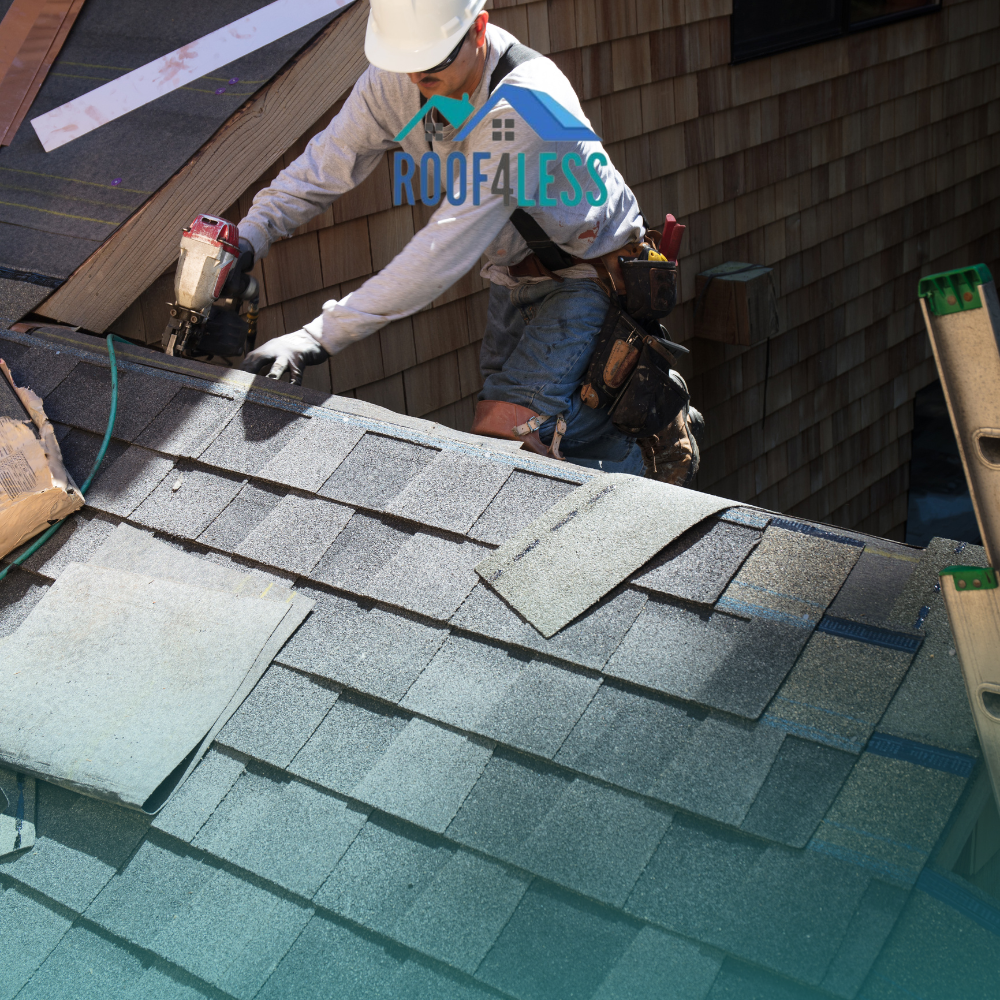When building a new home, one of the most critical decisions you’ll make is selecting the right roof. A proper roofing installation not only protects your home from the elements but also enhances its overall appearance and value. To ensure your new home’s roof is both functional and aesthetically pleasing, there are several key factors every homeowner should consider. Here’s what you need to know about roofing installation to make an informed decision.
Choosing the Right Roofing Material
The first step in the roofing installation process is selecting the right material. The choice of roofing material will significantly impact the durability, appearance, and cost of your roof. Popular options include asphalt shingles, metal roofing, clay tiles, and slate. Asphalt shingles are the most common choice due to their affordability and ease of installation, while metal roofing offers greater durability and energy efficiency. Clay tiles and slate provide a more upscale look and are known for their longevity, but they come with a higher price tag. Consider your budget, the climate in your area, and your home’s architectural style when choosing a roofing material.
Understanding Roofing Installation Costs
The cost of roofing installation can vary widely depending on the material, the size and pitch of your roof, and the complexity of the installation. It’s important to get a detailed estimate from your roofing contractor that includes labor, materials, and any additional expenses such as permits or disposal fees. While it might be tempting to choose the cheapest option, investing in quality materials and professional installation can save you money in the long run by reducing maintenance and repair costs.
Hiring a Professional Roofing Contractor
A successful roofing installation requires skilled workmanship, which is why hiring a reputable roofing contractor is crucial. Look for contractors who are licensed, insured, and have experience with the type of roofing material you’ve chosen. It’s also a good idea to ask for references and read reviews from previous clients. A professional roofing contractor will ensure that your roof is installed correctly, meeting all local building codes and industry standards.
Considering Energy Efficiency
Energy efficiency is an important consideration in any new home construction project, and your roof plays a key role in this. During the roofing installation process, consider options that enhance energy efficiency, such as reflective shingles or metal roofing that can reduce heat absorption. Additionally, proper insulation and ventilation are crucial to maintaining a comfortable indoor temperature and lowering your energy bills. An energy-efficient roof can also add value to your home and make it more attractive to future buyers.
Planning for Roof Maintenance
Even the best roofing materials require regular maintenance to ensure they last as long as possible. After the roofing installation is complete, establish a maintenance plan that includes regular inspections, gutter cleaning, and prompt repairs for any damage. Proper maintenance not only extends the lifespan of your roof but also helps prevent costly issues like leaks or structural damage.
New home roofing installation is a significant investment that requires careful consideration. From choosing the right materials to hiring a professional contractor and planning for maintenance, each decision you make will impact the longevity and performance of your roof. By understanding the key factors involved in roofing installation, you can ensure your new home is protected, energy-efficient, and built to last. If you’re ready to start your roofing project, consult with a trusted roofing contractor to explore your options and make the best choices for your new home.
READ MORE:

